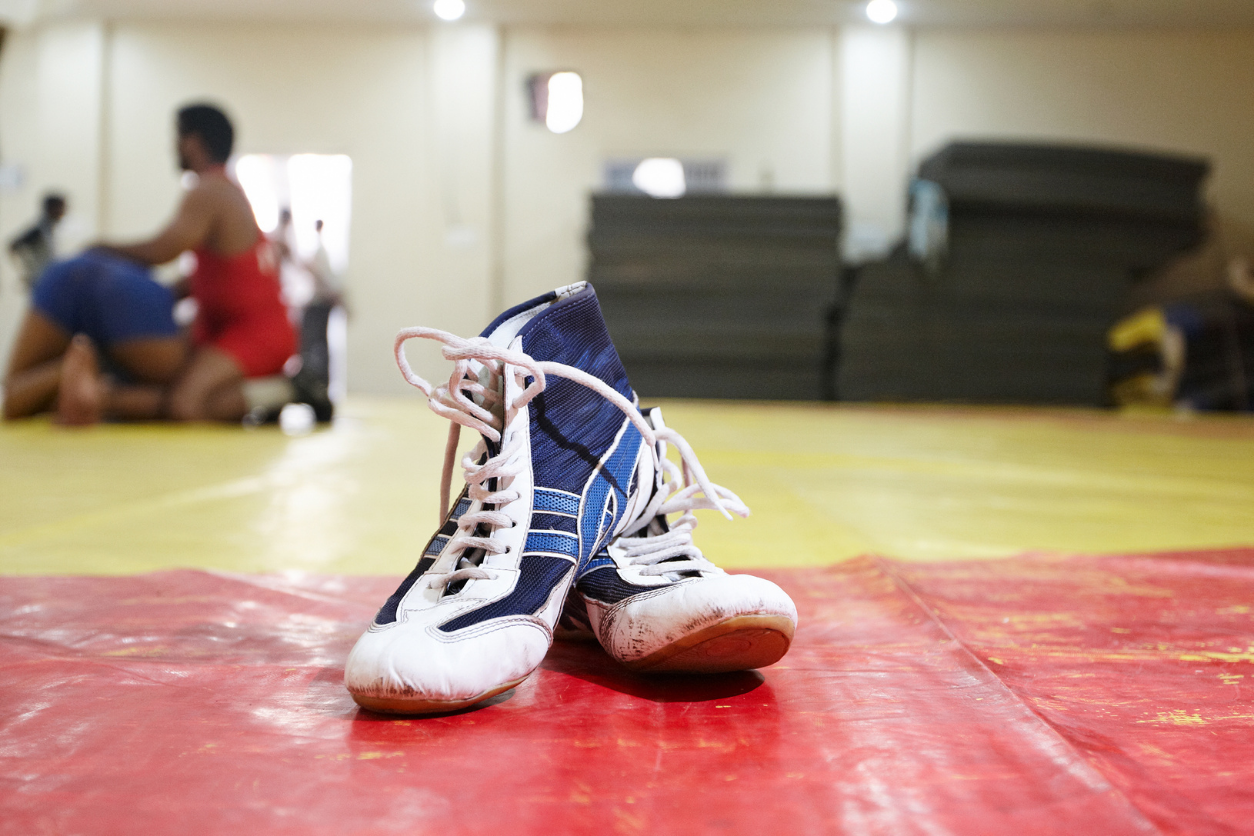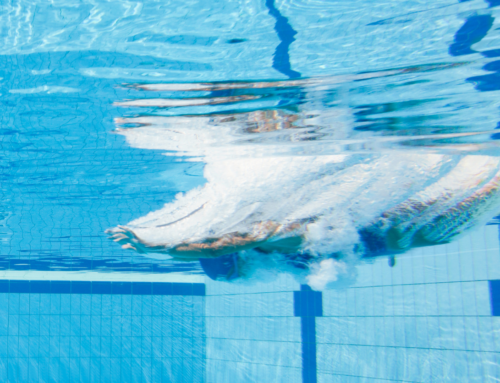You’ll likely need to weigh more options than weight division
If you’re hoping wrestling will be your ticket to a college scholarship, it’s important to know where you’ll find the best fit before you begin the recruiting process. Remember that only about 5% of all high school wrestlers will compete at any collegiate level. So, knowing where you stand now, or what you need to shoot for, can help you find the wrestling program that’s right for you.
NCAA Division 1
NCAA DI wrestling programs usually attract the cream of the high school wrestling crop. Division I wrestling recruits are among the top one percent of high school wrestlers nationwide. They can often be found ranked among the top 100 wrestlers in the country. Wrestlers who are recruited by Division I schools not only win multiple state championships. They also vie for titles in major tournaments and wrestle for competitive club programs in the offseason. For most wrestlers who aspire to make Division I teams, wrestling can be a full-time job consisting of year-round training and a full-on commitment to the sport.
NCAA Division 2
Given that wrestling is a smaller sport compared to football or basketball, there can be plenty of overlap in talent between DI and DII wrestlers. In fact, it’s not unusual to see Division II wrestlers be competitive with DI athletes in almost any weight class. Generally, Division II wrestlers have consistently placed high in their state’s rankings and been ranked nationally on sites such as FloWrestling or Intermat Wrestling. Division II wrestlers generally have at least three years of varsity experience and have consistently placed high in district and regional tournaments as well. You may not work at it full time to compete in DII, but wrestling with a club in the off-season is beneficial and encouraged.
NCAA Division 3
More wrestlers compete at NCAA Division III schools than in any other division simply because more DIII schools offer wrestling programs. The catch is, Division III schools don’t offer athletic scholarships. So, you’ll need to count on academic- and merit-based scholarships if you need help paying for tuition. Beyond that, you can expect plenty of talent overlap between DII and DIII wrestlers. While there are many general similarities between DII and DIII wrestlers, most high school wrestlers who compete in DIII are different. They may have less experience, lower placements, and will almost certainly need to compete in the off-season. On top of that, they’ll likely need to attend wrestling camps and combines to gain experience and exposure.
NAIA and Junior College
While there aren’t quite as many wrestling opportunities compared to Division III, NAIA schools and junior colleges offer plenty of places for wrestlers to compete in college. In fact, many wrestlers with DII or DIII talent will choose an NAIA school for any number of reasons. And again, given the general smaller talent pool, it’s not unusual to see an NAIA team be able to compete with a DII or DIII wrestling program. Overall, NAIA and junior college wrestlers may be all-around athletes with less varsity and off-season experience. For wrestlers at this level, attending camps combines, or both is important to gain experience and raise your profile with college recruiters. One other benefit of junior colleges and NAIA schools is the opportunity to get experience at the collegiate level and then move on to a higher-level program. As such, if you’re a late bloomer, you’re considered to have raw talent that needs refining, waiting on a growth spurt, or you need to improve your grades, an NAIA or JUCO wrestling program could be a great place to take the first step.
Finally, note that none of the above is set in stone and it certainly doesn’t take into the intangibles that a college coach might look for, so don’t be discouraged. Instead, use the above to see where you might fit in the college wrestling hierarchy and start targeting schools accordingly. Or, use these general requirements as motivation to work even harder to land a wrestling scholarship at the school of your dreams.
Did you enjoy the article ‘What College Wrestling Division Is Right For You?’? If so, check out The Difference Between College Athletic Division Levels or more of our articles HERE.




